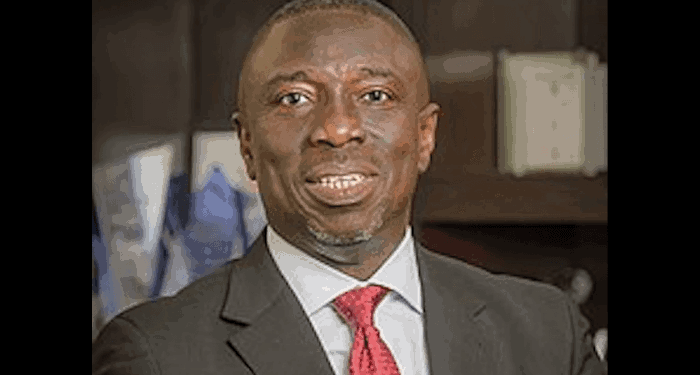The Edo State Governorship Election Tribunal witnessed a mild drama on Tuesday during the resumed hearing, when the first two petitioners’ witnesses in the case, EPT/ED/GOV/02/2024; Ighodalo Asuerinme & Anor flopped under examination.
The first petitioner’s witness (PW1), from Ikpoba okha local government area, had stunned the court when he testified that he was neither an agent at any of the polling units or wards nor directly involved in the election process.
Instead, he revealed that his role was limited to merely observing and personally examining the results in a “situation room”, raising serious questions about the accuracy and credibility of the evidence he presented.
The situation grew more dramatic with the testimony of the second petitioner’s witness (PW2) from Akoko-Edo local government area. PW2 claimed he was not a polling unit or ward agent but managed to coordinate all the results from 241 polling units and 10 wards in a single day.
His admission that he was not involved in the actual collation but only supervised and compiled reports from agents left many in the courtroom bewildered, raising doubts about the veracity of the evidence on which the petitioners were relying.
In a session led by the petitioners’ legal team, PW1 confirmed signing two statements on oath, dated October 11, 2024, and November 16, 2024, respectively. The witness further clarified that his involvement was limited to overseeing results at the situation room, which was not located at the collation center.
Under cross-examination, PW1 admitted that the sensitive Bimodal Voter Accreditation System (BVAS) materials were not available for inspection in the situation room, casting further doubt on the integrity of the process he observed.
The drama continued as the respondents’ legal team vigorously cross-examined both witnesses, challenging the credibility of their testimonies and questioning the methods used to compile the election results.
In particular, PW1’s knowledge of the voter accreditation process was found to be lacking, and his failure to mention key documents like the IREV (Independent Results Viewing Portal) raised serious concerns.
Meanwhile, PW2’s testimony added to the uncertainty, as he revealed that although he coordinated results from all polling units and wards in his local government, he did not directly oversee the creation of the forms nor receive reports from agents.
His inability to distinguish between his own observations and those of the agents created doubts about the reliability of the evidence.
The tribunal proceedings are expected to continue as the legal teams for both petitioners and respondents prepare to examine more witnesses.







